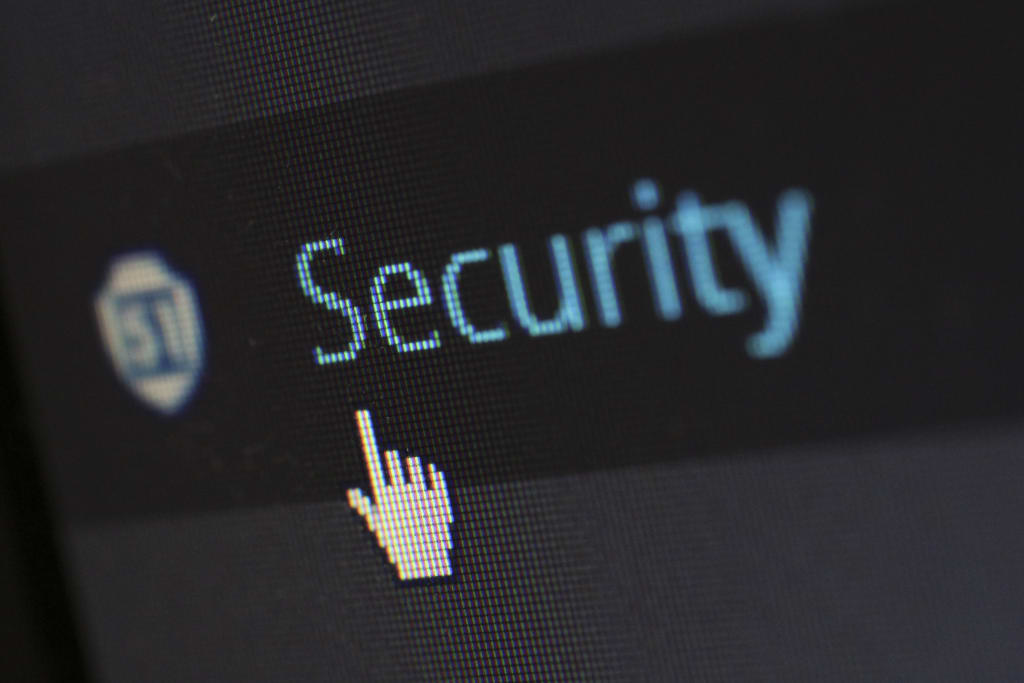How Criminals Are Making Money During the Pandemic
As the ongoing crisis drags on, criminals continue to profit when people are most vulnerable. The pandemic has shown good people trying to contribute, but it has also opened doors for people who prey on others’ misfortunes. In the past, criminal activity accelerated after a natural disaster like Hurricane Katrina in 2005. When people lose everything and are desperate for relief, scam artists flood into town and target unfortunate victims for money. Although the internet is the method most criminals use to steal your money, physical thefts, false phone calls and mail theft are also rising. The following sections describe the ways that criminals are profiting from the pandemic.

As the ongoing crisis drags on, criminals continue to profit when people are most vulnerable. The pandemic has shown good people trying to contribute, but it has also opened doors for people who prey on others’ misfortunes. In the past, criminal activity accelerated after a natural disaster like Hurricane Katrina in 2005. When people lose everything and are desperate for relief, scam artists flood into town and target unfortunate victims for money. Although the internet is the method most criminals use to steal your money, physical thefts, false phone calls and mail theft are also rising. The following sections describe the ways that criminals are profiting from the pandemic.
Cyber Crime
The occurrence and complexity of cybercrimes have rapidly increased over the last decade. When the virus began taking its toll, internet crimes became even more pervasive. You’ve probably heard numerous reports of massive companies and government agencies experiencing cyberattacks, and you may ask yourself what is a cyber attack? Although computer viruses receive the most attention from the media, there are other methods like phishing that can be just as damaging. The global crisis has brought a slew of new phishing attacks. Scammers set up a fake website and send emails that entice you to visit the site. The point of the site is to “phish” for personal information like social security numbers, bank accounts and license numbers. Security experts recommend that you should avoid opening links or unknown emails sent from anonymous sources since many are phishing schemes.
Mail Theft
When unemployment rises, mail and package thefts become more prevalent. Since people continue to rely heavily on package deliveries and daily mail during isolation, more thieves are profiting from the larger volume of deliveries. In March and April, post offices across the country reported a significant increase in postal theft. Law enforcement agencies believe that the increase coincided with the federal government mailing out stimulus checks. Criminals were stealing the contents of a mailbox and discarding everything but the checks. If Congress approves another stimulus payment, you can avoid a potential theft by receiving an electronic transfer directly to your bank account.
Recycling Schemes
Although it’s not as common as cyberattacks or mail theft, recycling schemes are becoming extremely profitable for thieves. Because of the boom in-home deliveries, cardboard recycling has become a lucrative business. Local recycling companies and municipalities incur huge losses when criminals intercept a shipment of cardboard and sell it illegally. One of the biggest problems for law enforcement in catching the criminals is tracking the cardboard. After a package has been discarded, the cardboard is untraceable.
Contact Tracing Impersonators
Whether it’s by phone or a personal visit to your front door, scammers have been impersonating contact tracing personnel. Contact tracers are responsible for questioning people who tested positive for the virus to control or minimize the spread of infection. The Federal Trade Commission (FTC) states that tracers will not ask for bank account numbers, social security numbers or credit card numbers. The FTC also warns against salespeople who claim to sell test kits, Covid cures and possible vaccinations.
Credit Card Fraud
With more people working and entertaining online, identity theft is on the rise. Criminals steal identities so that they can drain accounts, receive IRS rebates, use credit cards and make purchases with your money. Avoid using your credit card for unsecured or unknown websites, and never give your number to door to door salespeople. Another common scam for credit card theft that is increasing is skimming. Criminals can quickly install a card reader device on a gas pump or ATM that can record your credit card number. Sometimes, a machine that has an out of order sign is manipulated with a skimmer. Resist the temptation to put your card in a damaged device and use another machine in a well-lit public area.
It’s hard to fathom how someone can victimize people during a global tragedy. Criminal activity is increasing, but when you’re familiar with common scams, you can avoid becoming a victim.





Comments
There are no comments for this story
Be the first to respond and start the conversation.